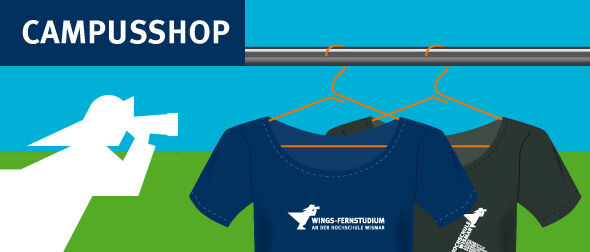International Workshop at the Wissenschaftskolleg Greifswald (Teilnahme nur nach vorheriger Anmeldung)
Herzliche Einladung zur "Keynote Lecture"
All great philosophers get misinterpreted. But in the case of Kant’s moral philosophy, the problem seems particularly bad. Textbook introductions of Kant’s moral philosophy sometimes seem to have little to do with what Kant actually said. For example, some of them refer only to Kant’s Groundwork (1784) in order to prove something about his applied moral philosophy. Yet in the Groundwork Kant repeatedly states that we need to cross a few bridges before we may draw any conclusion for normative ethics – let alone applied normative ethics – from what is said in the book. The title alone suggests something along those lines: Groundwork to the Metaphysics of Morals: How much further can you move away from applied ethics in a title? Moreover, it is still quite common to characterize Kant’s ethics as the paradigm of “deontology”, despite the fact that the term is used in so many different (and often broad) ways that it tells us hardly anything true and significant about Kant’s ethics. Also, while its virtue ethical aspect has gained more attention during the last three decades, Kant’s moral philosophy is still often introduced – especially in contexts of applied ethics – as fundamentally opposed to virtue ethics. Finally, Kant is often portrayed as “rationalist” pur sang in normative matters, while he is only a rationalist in fundamental matters where he has reasons to conceptualize human beings in so far as they are rational. When it comes to normative ethics and questions of judgment in individual cases, Kant emphasizes that we need to rely on other faculties, for reason as the faculty of principles is insufficient when it comes to concrete judgment. The international workshop aims to examine the legacy of Kant’s moral philosophy by exploring its lesser popular pathways. It consists mainly of paper sessions. In addition, Prof. Dr. Carla Bagnoli (Modena) will give a keynote lecture.
The workshop is funded by the Journal of Ethics (Springer Nature), the Stiftung Alfried Krupp Kolleg and the German Research Foundation (DFG).
Organizers are Prof. Dr. Wim Dubbink (Tilburg), who, in his role as editor of the Journal of Ethics, first conceived of the workshop, Prof. Dr. Jens Timmermann (St Andrews) and Prof. Dr. Micha H. Werner (Greifswald).




